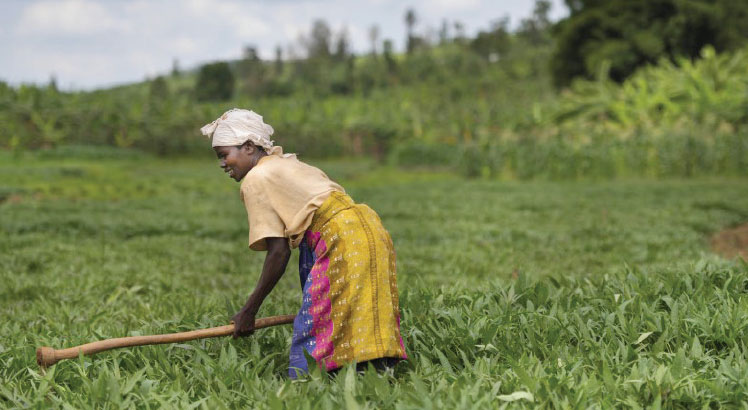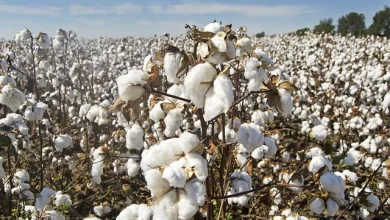Group propose soya exports ban
Edible Cooking Oil Association of Malawi (Ecoam) and the Poultry Industry Association of Malawi (Piam) have separately written government to ban soya exports, arguing the local refined cooking oil industry has capacity to process all the soya Malawi has produced this year.
The two associations also argue that Malawi’s processing capacity of edible oil factories is far above the commodity’s national output this year.

They have since warned that by letting it loose on soya exports, the move would have disastrous effects on investments which the country has already made in the sector as well as resulting in serious lay-offs of factory employees.
But Minister of Trade Sosten Gwengwe has differed with the proposal saying abrupt outright ban of the exports are against the spirit of the country’s Control of Goods Act. He warned that doing so would crush prices on the market.
In a letter to Gwengwe, Ecoam chairperson Jayshree Patelsays imposing a ban on soya exports now will lead the country to earn more foreign exchange while promoting value addition to the soya value chain.
He said: “The value chain is as follows crude soya oil, soya cake, economic growth for the industry and the farmers, increase in employment opportunities for Malawians, increase in revenue collection for Ministry of Finance, self-sufficiency as a nation in sufficing local demand for cooking oil, poultry, beef, and other food items, confirmed markets prior to the planting season, eliminating the abuse of farmers by traders exporting soya.”
Patel argues that their submission to government is in the interest of the country to ensure steady and firm industrial and economic development, while ensuring abundant employment opportunities to the youth of Malawi.
In another letter also addressed to Gwengwe, Minister of Finance Felix Mlusu and Minister of Agriculture Lobin Lowe, Piam chairperson Eric Chuma also argues that Malawi’s installed processing capacity of soya is almost three times the country’s annual production as factories were built with the view of increasing future production.
Figures we have seen show that the country has a combined processing capacity of 512 000 metric tones (MT) from eight major processing companies while soya bean harvest is estimated at only 190 000 MT.
According to Chuma, the exportation of raw soya beans shall have a negative impact to the economy as it will deny existing factories raw material is important for production and survival of the companies.
He said: “Exportation of raw soya beans is an equivalent of exporting jobs. Factories that process soya to get oil are labour intensive.
“Workers earn their living and that of their families from employment in these factories. Exporting this raw soya is a misfortune to our people and a grace to the countries to whom we shall export.”
In a separate interview, Jayesh Sharma, who is financial controller of Sunseed Oil Limited, one of Malawi’s major cooking oil processing firms with an installed processing capacity of 180000 MT, feared that allowing soya exportation would backfire as the country would be required to hunt for more foreign exchange to import finished products made from the same soya which the country would be exporting now.
But reacting to the concerns, Gwengwe, speaking in an interview on Tuesday from South Sudan, said government has rationed soya exports by limiting them to a maximum of 5 000 MT per exporter.
“We have rationed soya exports because abrupt outright bans are against the spirit of Control of Goods Act [Coga] which is supposed to ensure predictability.Abrupt ban would have crushed soya prices on the market.It’s a balancing act,” said the minister.
The new Coga has put mechanisms for ensuring predictability and transparency in the manner import and export trade is conducted while also ensuring that the same trade is streamlined, according to Gwengwe.
He said government is balancing the farmers’ export proceeds and local manufacturing industry, disclosing that the country is estimating to export a total of 100 000 tonnes “and that should leave us with about 200 000 tonnes for local producers.”
Speaking on Friday in Blantyre on the sidelines of a post-budget engagement with members of the Economics Association of Malawi, Mlusu said soya is earmarked to earn more foreign exchange than tobacco this year.





